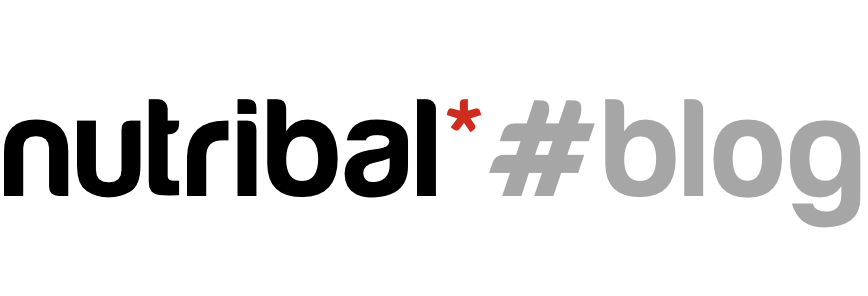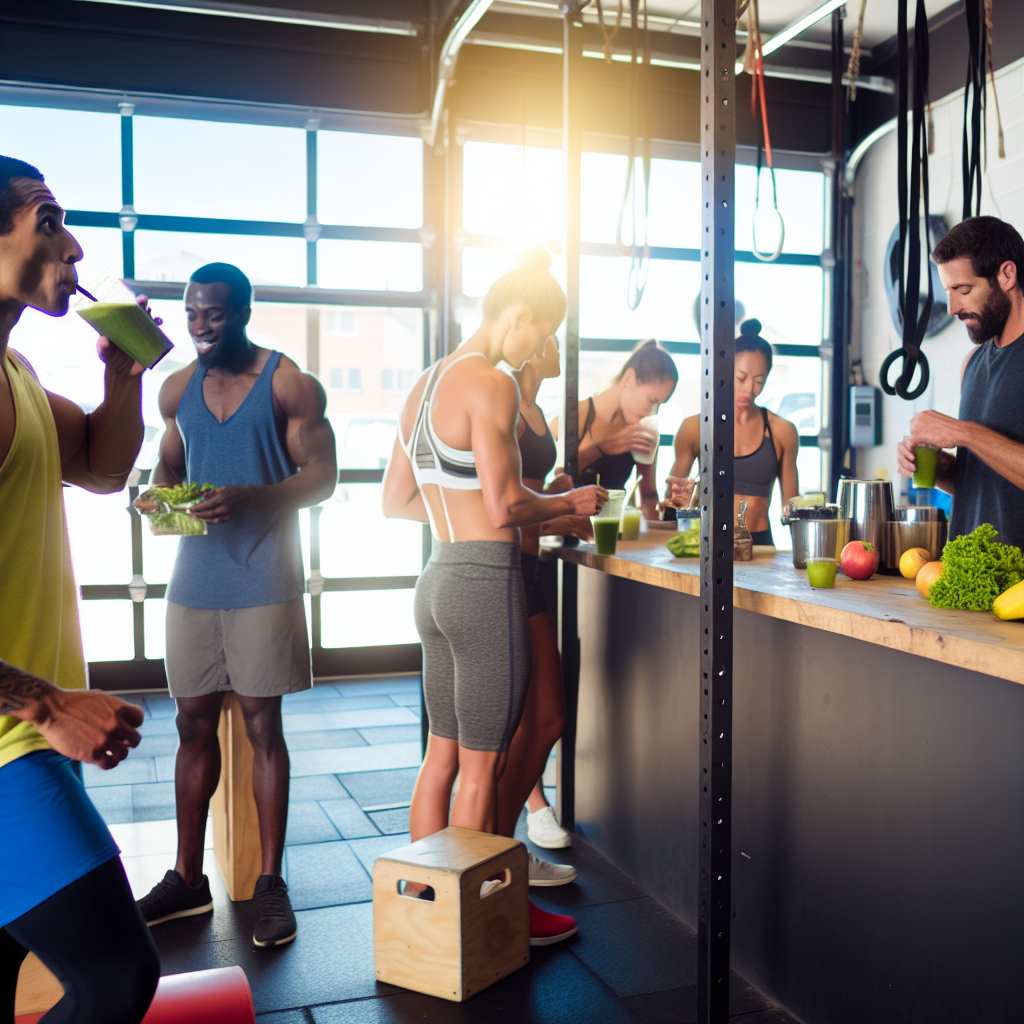Estimated Reading Time
Approximately 8 minutes
Table of Contents
Introduction
When you step into the world of fitness, nutrition can be your most powerful ally. In this guide, you’ll discover how strategic food choices and targeted supplements can amplify workout performance and speed up recovery. For more detailed nutrition insights, explore the sections below.
Key Insights
- Timing Matters: Plan pre- and post-workout meals for optimal energy.
- Balance and Variety: Combine proteins, carbs, and healthy fats.
- Supplement Strategically: Fill nutritional gaps and accelerate recovery.
- Hydrate Consistently: Water boosts digestion, circulation, and performance.
- Listen to Your Body: Adjust your intake based on workout intensity and personal goals.
Full Body Content
Understanding Sports Nutrition
Sports nutrition is the science of how foods and fluids impact athletic performance and overall well-being. By consuming the right nutrients, you’re giving your body the building blocks to power through workouts and bounce back quickly. This can be as simple as adding more complex carbs and lean proteins to your diet or as advanced as using targeted supplements like Nutribal® PREGAME POWER for an extra boost.
“Sports nutrition is more than calories; it’s about fueling the body to reach new levels of performance.”
What to Eat Before a Workout
Pre-workout meals set the stage for energy and endurance:
- Timing: Enjoy a full meal 3–4 hours beforehand, a light snack 2 hours out, and a quick energy boost right before starting.
- Best Pre-Workout Foods: Oatmeal, bananas, whole grain bread with peanut butter, or dried fruit and nuts.
To sharpen focus and energy, consider adding Nutribal® PREGAME POWER to your routine.
What to Eat After a Workout
Recovery nutrition is essential for muscle repair and rehydration:
- Timing: Refuel within 30–60 minutes of exercise and enjoy a full meal within 2 hours.
- Best Post-Workout Foods: Chocolate milk, protein shakes, Greek yogurt with fruit, or eggs on whole grain toast.
Many athletes turn to specialized products like Nutribal® RECHAINED BCAA to speed muscle repair, or add Nutribal® GLUTAMAXX for enhanced recovery and gut health.
Best Diet for Muscle Gain
To pack on muscle mass, you need a slight calorie surplus, adequate protein, and smart carbs:
- Increase daily intake by 300–500 calories above maintenance.
- Aim for 1.6–2.2 grams of protein per kilogram of body weight.
- Focus on complex carbohydrates for sustained energy.
- Incorporate healthy fats for hormone support and overall well-being.
Common go-to foods include lean meats, fish, eggs, and whole grains. For extra support, try Nutribal® MUSCLE FUEL or opt for Nutribal® VEGAN PROTEIN if you follow a plant-based diet.
Best Foods for Muscle Recovery
Efficient recovery helps you return to training stronger:
- Replenish glycogen with carbs like fruit, oats, or whole grains.
- Amp up protein intake to rebuild muscle fibers.
- Supplement with fast-acting branched-chain amino acids (BCAAs) if you need a swift turnaround.
Highly active individuals often add Nutribal® RECHAINED BCAA to aid quick muscle repair and Nutribal® GLUTAMAXX to support overall recovery.
Hydration and Overall Nutrient Support
Water is crucial for transporting nutrients, regulating body temperature, and keeping you energized. Coupled with a balanced diet, micronutrient supplements like Nutribal® MULTI COMPLEX can fill any nutritional gaps and keep your body primed for action.
Conclusion
Sports nutrition forms the backbone of beginner fitness journeys, fueling workouts and expediting recovery. By centering meals around whole-food ingredients, staggering protein and carb intake, and integrating supplements—like Nutribal® PREGAME POWER, RECHAINED BCAA, GLUTAMAXX, MUSCLE FUEL, and VEGAN PROTEIN—you’ll build a strong nutritional foundation. You can also review our explore post-workout recovery strategies for additional tips, and don’t hesitate to share your own experiences in the comments.
References
- Precision Nutrition Research
- KidsHealth: Pre-Workout Nutrition
- BBC Good Food: Post-Workout Nutrition
- UK Sports Institute: Muscle Gain Nutrition
FAQ
Do I need supplements to see results as a beginner?
Not necessarily. Whole foods should form the core of your diet. However, supplements like protein powders and BCAAs can help bridge nutrient gaps and optimize performance if used thoughtfully.
How can I manage muscle soreness with nutrition?
Focus on getting adequate protein and carbs post-workout. Foods like Greek yogurt, chocolate milk, and eggs can help repair micro-tears in muscle fibers. Supplements—especially BCAAs and L-Glutamine—may also speed up recovery.
Are there any side effects to sports supplements?
Most reputable supplements are safe if used as directed. Always check ingredient labels, follow recommended doses, and consult with a healthcare professional if you have pre-existing conditions.
Should I eat differently on rest days?
Even when you’re not training, your body needs nutrients to build and repair muscle. While total calories might be slightly lower on rest days, maintaining balanced meals with enough protein, healthy fats, and complex carbs remains essential.

